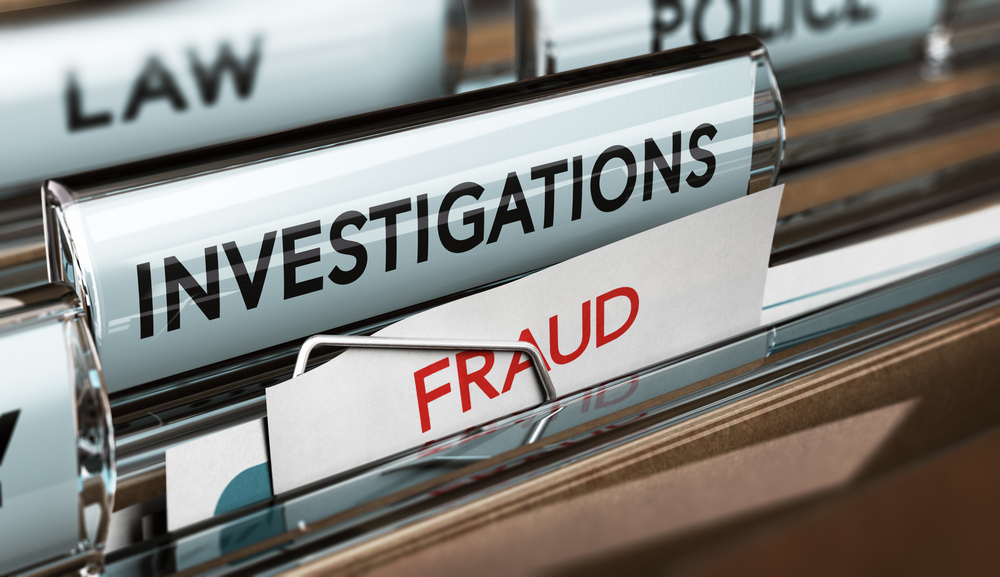
There have been several high-profile investigations by Toronto employers revealing wide-spread insurance fraud schemes. In 2017, St. Michael’s Hospital fired 31 employees after $200,000 in false insurance benefit claims were discovered. In 2018, the TTC fired more than 200 employees after a lengthy benefits fraud investigation, which commenced in 2014, identified that millions of dollars were paid for services that were never provided. Most recently, Baycrest fired 150 employees after an investigation uncovered an insurance benefits fraud scheme where claims made for services not provided totaled more than $5 million.
It seems that both fraudulent insurance benefits claims and investigations by employers are on the rise. Submitting a false or misleading claim is not limited to employees of large organizations or those who orchestrate a scheme. Any person who directly, or indirectly, participates in the submission of false or misleading benefits claims can be exposed to employment, civil, or even criminal liability.
Benefits Fraud Comes in all Shapes and Sizes
Whether you are the person submitting a false claim or a health-care professional providing false information to an insurance company to “validate” a claim, you are at risk. Some schemes involve providing a service that is not covered by an insurance policy but claiming it as a service that is. Other schemes involve double-billing or submitting claims for multiple service dates when only one occurred. False or misleading claims can be isolated incidents or ones claimed over a prolonged period of time.
The Risk Outweighs the Reward
It is simply not worth committing insurance benefits fraud when there is so much at risk. No criminal offence ever is worth the risk. There exist various civil and criminal penalties for submitting false claims, forging documents, or providing misleading information to investigators. The potential jeopardy can be as minimal as being suspended with pay from your employment to as serious and life altering as a period of imprisonment and a criminal record. Here is what you could lose:
- Your family’s benefits
- Your job
- Your reputation
- Your ability to seek future employment
- Your ability to travel
- Your liberty
There can be severe and often unforeseen consequences that come with accusations of insurance benefits fraud. You may no longer be able to afford paramedical services for you or your family that you rely on, such as dental work, prescription medication, or other treatments such as physiotherapy. You may be denied entry to the United States if you have been charged or have a criminal record. Allegations of insurance fraud from an employer or a criminal record can effectively preclude your ability to seek future employment in your profession.
Don’t Become an Unwitting Participant in a Scheme
It may not be immediately apparent that you are participating in a fraudulent insurance benefits scheme. Whether you are encouraged to do so by a co-worker or a clinic directly, you should pay careful attention to what you submit and/or what is submitted on your behalf. As the benefits are provided through your employment, you are the one who is at risk should any improper claims be submitted. Misusing your health benefits and submitting false or misleading claims can be a criminal offence. There is a perception that because you pay into your insurance policy, you are entitled to use the coverage “creatively” if you have coverage available for other services. You cannot misrepresent the service received, regardless of whether you have remaining coverage for the service claimed.
If you have been contacted by an insurance company, your employer, or the police regarding an insurance benefits fraud investigation, you should immediately seek legal assistance. Contact our office today to schedule a free consultation to discuss how we can protect you. Our lawyers have experience dealing with all manners of insurance fraud investigations. We regularly deal with insurance companies, employers, and the police to answer inquiries about false or misleading claims.
By: Daniel Libman -


